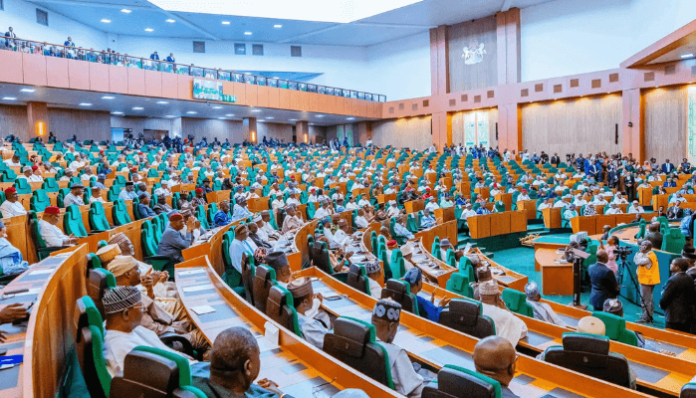
The House of Representatives has rejected the second reading of a bill seeking to establish a Federal Orthopaedic Hospital in Obokun, Osun State, citing long-standing concerns over the Senate’s failure to give due consideration to bills originating from the lower chamber.
The bill, which originated from the Senate and was listed on Wednesday’s Order Paper for second reading, was turned down after lawmakers voiced frustrations about what they described as a one-sided legislative relationship between the two chambers.
As is customary, House Majority Leader Julius Ihonvbere moved the motion for the bill’s second reading after it was called by Speaker Tajudeen Abbas. However, Minority Leader Kingsley Chinda, who was invited to second the motion, did so with hesitation.
“I will reluctantly second the motion for the second reading of this bill,” Chinda said, adding that numerous bills passed by the House remain unaddressed by the Senate.
The frustration over the Senate’s inaction dates back to the ninth assembly. Lawmakers complained that many House bills are stalled in the upper chamber without explanation or progress.
Awaji-Inombek Abiante, representing Rivers State, expressed deep disappointment, noting that two of his bills sent to the Senate in 2024 have yet to be listed for concurrence. “The same thing happened in the 9th Assembly, where throughout that assembly, the Senate did not consider the bills that were passed from the House and sponsored by me,” he said. “I do not know how we will continue with this kind of relationship.”
Abiante suggested that consideration of the bill be stepped down while the House seeks clarity from the Senate on the persistent delay. “If the reasons are not cogent enough, we should reciprocate,” he added.
Ahmed Jaha, representing Borno State, supported the call, stating that in most cases, the Senate does not consider bills from the House. He proposed a formal agreement between the House and Senate committees on rules and business to ensure bills from both chambers receive fair attention.
In response, Speaker Abbas interjected, revealing that the Senate currently holds 146 House bills awaiting consideration. “I, as a person, have more than 10 bills. Some have been there for more than six months. We don’t know what is really happening,” he said.
Following additional comments from members backing the rejection of the bill, Abbas asked Chinda if he wished to withdraw his secondment of the motion, a request Chinda agreed to, effectively ending the bill’s progression in the House.



